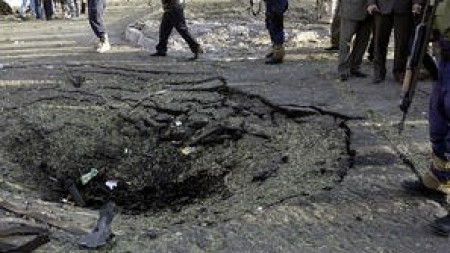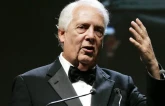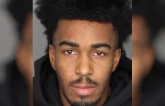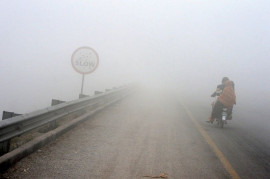
No group immediately claimed responsibility for Thursday's violence, but Sunni militants often carry out such assaults in a bid to destabilise the government and push the country back towards the sectarian bloodshed that blighted it from 2005 to 2008.
South of Baghdad in the town of Hilla, a car bomb killed two people and wounded 10 others, officials said, while two other car bombs in Dujail, north of the capital, left one dead and nine wounded.
A magnetic bomb attached to a bus also wounded 17 people on the outskirts of the Shia shrine city of Karbala, south of Baghdad.
Among the wounded were eight people who officials said were Pakistani Shia pilgrims, but the Pakistani embassy did not respond to requests from AFP for confirmation.
Attacks in Iraq are down from their peak in 2006-2007, but they are still common across the country.
A wave of violence in Baghdad and north Iraq on Wednesday left 42 people dead and 245 wounded, the bloodiest day in the country since December 17, according to an AFP tally based on reports from security and medical officials.
The violence comes as Iraq grapples with a long-running political dispute, with Prime Minister Nuri al-Maliki facing several protests in hardening opposition against his rule and calls from many of his erstwhile government partners for his ouster.
















1734778885-0/Untitled-(10)1734778885-0-270x192.webp)






COMMENTS
Comments are moderated and generally will be posted if they are on-topic and not abusive.
For more information, please see our Comments FAQ